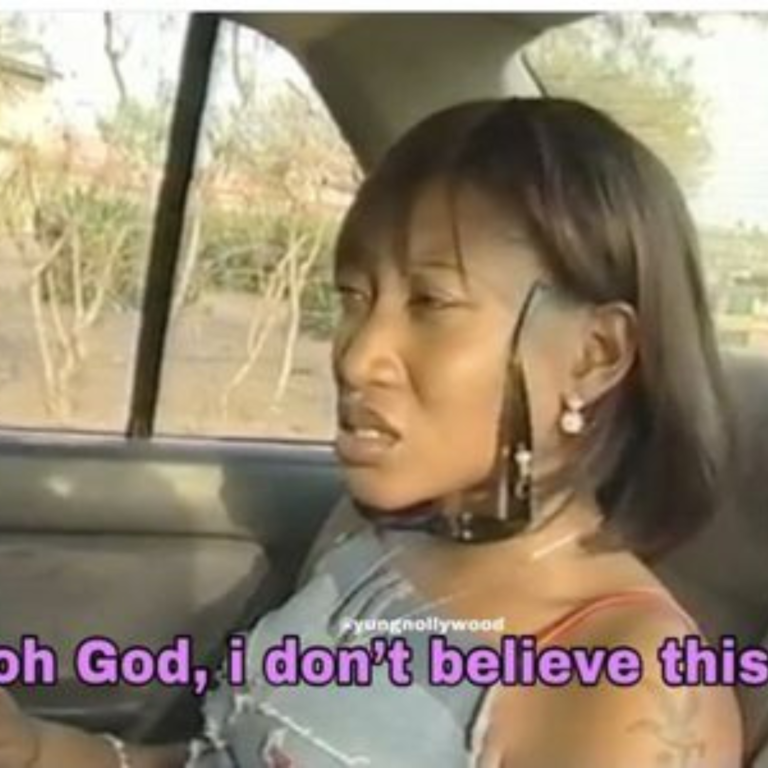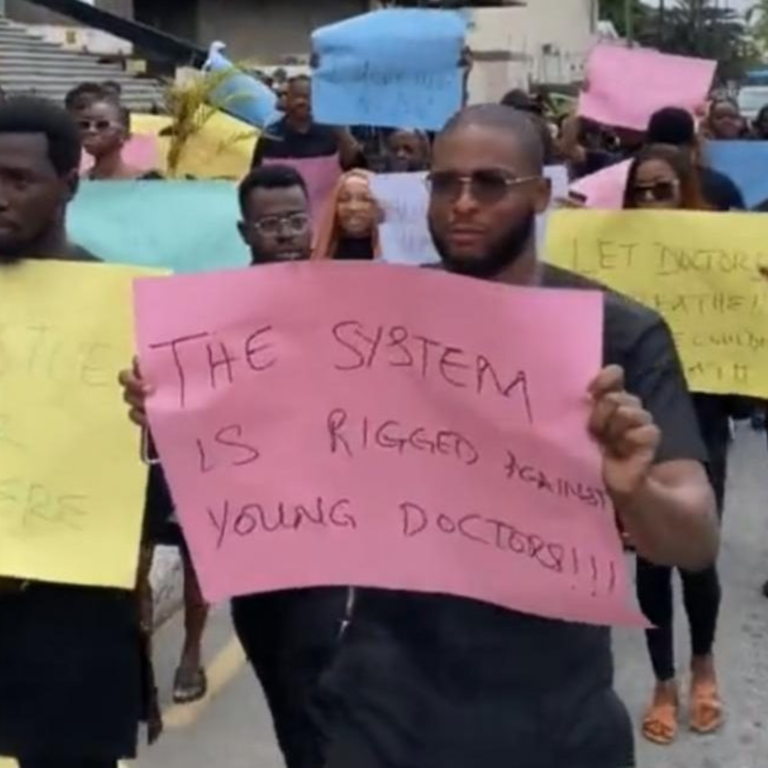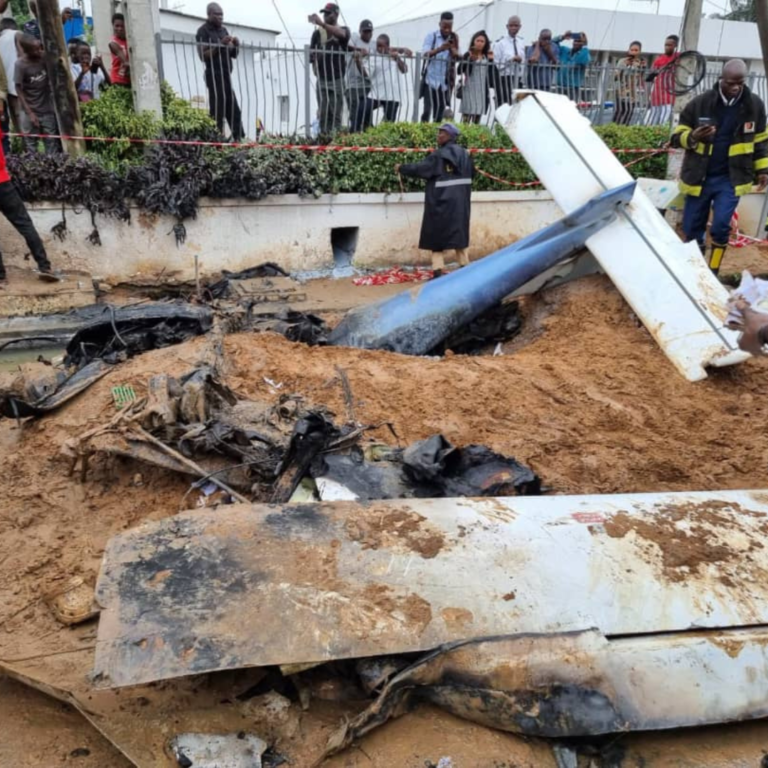With the current state of affairs in Nigeria now (election tension, fuel and Naira scarcity) it is easy to forget that about four million people in Rivers state are at risk of life-threatening illnesses due to prolonged exposure to soot.
What’s soot and why is it dangerous?
Soot is the black powdery substance that falls on your head after burning bush, tyres, and other things like petroleum products. The level of the black substance depends on the quality of what you are burning and how difficult it is to burn to powder.
In Rivers state, the primary sources of soot are oil bunkering, illegal refining, gas flaring, burning of biofuel, petroleum products and asphalt plants. This has been hurting a lot of people.
A report in 2021 showed that about 23,000 people had suffered from respiratory diseases in the past five years. Many health professionals have explained that without a lasting solution to this problem, the residents will continue to be at risk of respiratory diseases like asthma, and emphysema, skin irritation, nosebleeds and cancer.
However, asides from this, residents are also struggling with water contamination. When tests were carried out on their water samples, it was found that it didn’t meet the standard requirements because its pH level was less than 6.5, making it acidic. And this would inevitably lead to having an immunocompromised system.
How did this start?
In 2015, Port-Harcourt residents raised the alarm about the deteriorating air quality in the state. The air had become so contaminated that at 7 a.m., the city looked like it was covered by a dark cloud. So much so that even rainwater was too polluted to use.
People would wake up to their furniture, clothes, floors, houses, cars, and plants coated with black powder. And, of course, their health began to suffer as citizens began complaining of increased asthma attacks and respiratory illnesses.
What has the government done so far?
Some people believe that the government should create modular (smaller) refineries to work with the illegal oil bunkerers, which would ultimately bring a working solution to the soot problem. And on January 20, 2022, the federal government promised to establish three modular refineries in each major oil-producing state.
What can we do?
The Extra Step Initiative, a Non-Governmental Organization (NGO) based in Port-Harcourt, launched a crowdsourced website called SootCity. Its primary aim is to raise awareness of the city’s environmental and health crisis.
The website uses a data model like the World Health Organization to predict life expectancy based on the user’s input.
As a Port Harcourt resident, you can use the website to see how long you are likely to live, due to the soot’s impact on your health.
After the calculation, Extra Step uses your data to send a letter to Rivers state lawmakers urging them to take the proper steps towards solving the problem.
If you are not a resident, you can support residents by sharing the website with them.
Join the Citizen Situation Room and Helpline on WhatsApp today, to get real-time gist and drama on the 2023 elections.
You should also sign up for our Game of Votes newsletter. We help you make sense of news jargon and keep you up-to-date, especially with election news. Make the subscription of a lifetime here.




